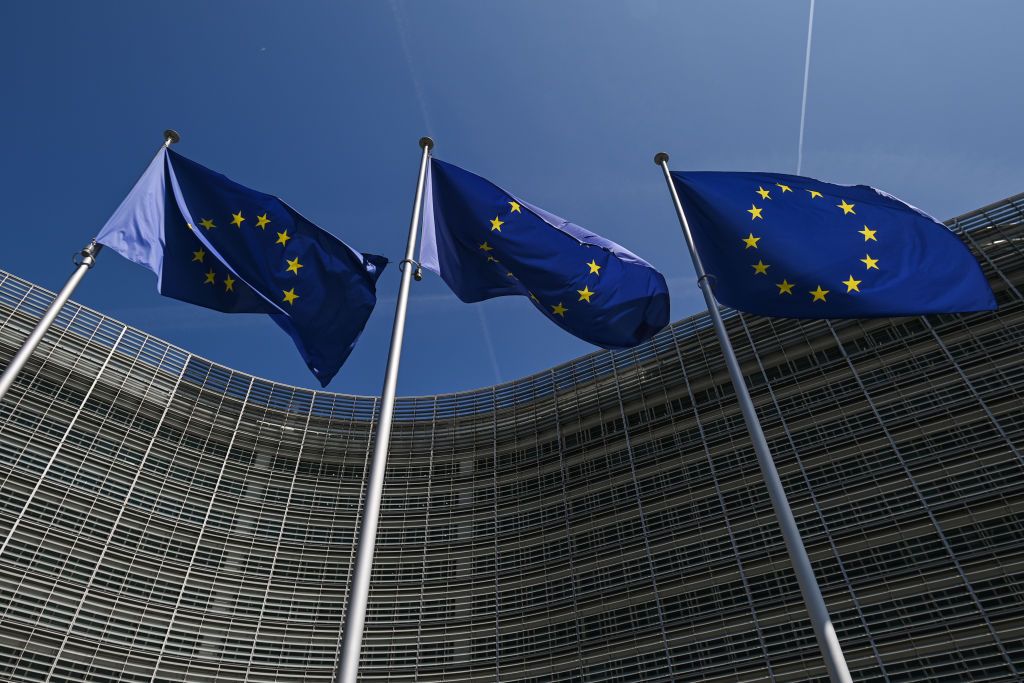Russia wants to swap frozen assets with foreign investors

Russia wants to offer to swap the assets of foreign investors frozen in Russia for some of the Russian assets frozen by the West, the Interfax news agency reported on Aug. 22, citing Russian Finance Minister Anton Siluanov.
Under the proposal drafted by the Russian government and central bank, Moscow would give foreign investors the opportunity to buy the assets of Russian companies frozen in Europe by using their own funds held in restricted accounts in Russia.
The Financial Times reported that Western officials are not aware of the proposal and no talks are taking place on the potential swap.
The volume of the unblocked assets would be initially limited and mainly aimed at retail investors, hoping to unfreeze around $1.1 billion, Siluanov said. According to the Russian minister, the West has frozen over $15 billion in assets from more than 3.5 million Russian citizens.
As the Financial Times pointed out, there are no indications that the Western governments would be willing to acquiesce to this proposal, which would involve significant legal difficulties for investors willing to dispose of their frozen assets.
Western countries have frozen around $300 billion of Russia's Central Bank assets since the start of the full-scale invasion of Ukraine.
While American lawmakers have proposed to transfer the blocked funds to Ukraine to support its post-war recovery, critics have pointed out the legal pitfalls of this move, as sovereign assets are covered by "sovereign immunity" – an understanding that one state will not seize another's property.
In turn, the EU has been exploring options of taxing over $200 billion of frozen Russian Central Bank assets and transferring the profits to Ukraine. According to Bloomberg, windfall profits from these assets could generate up to 3 billion euros ($3.3 billion) in cash and securities.











